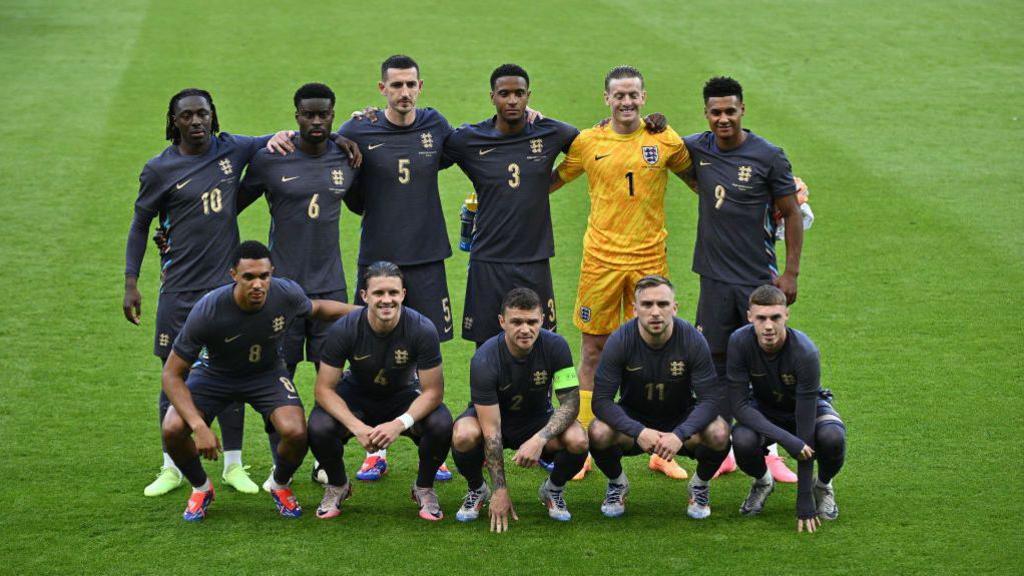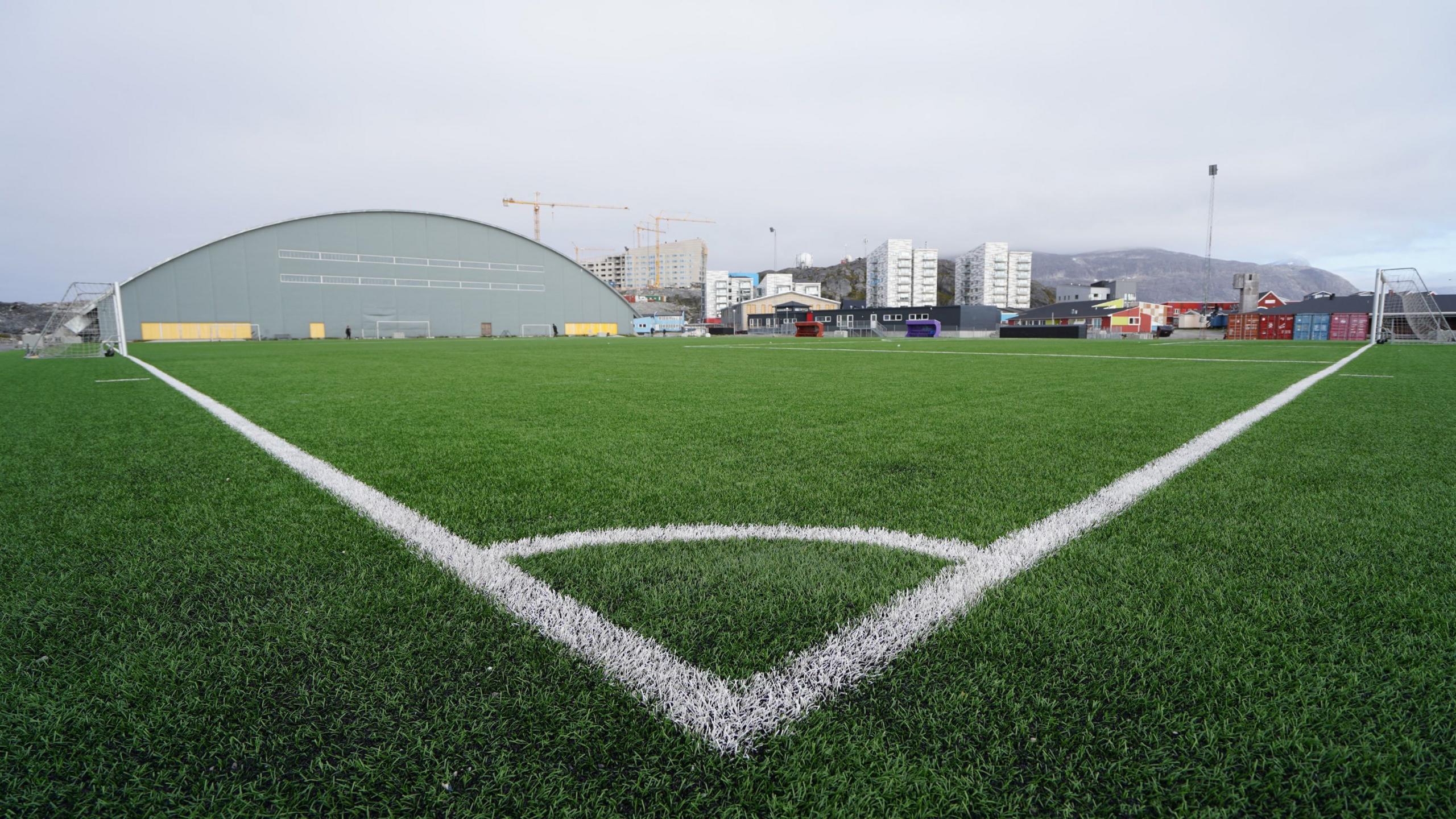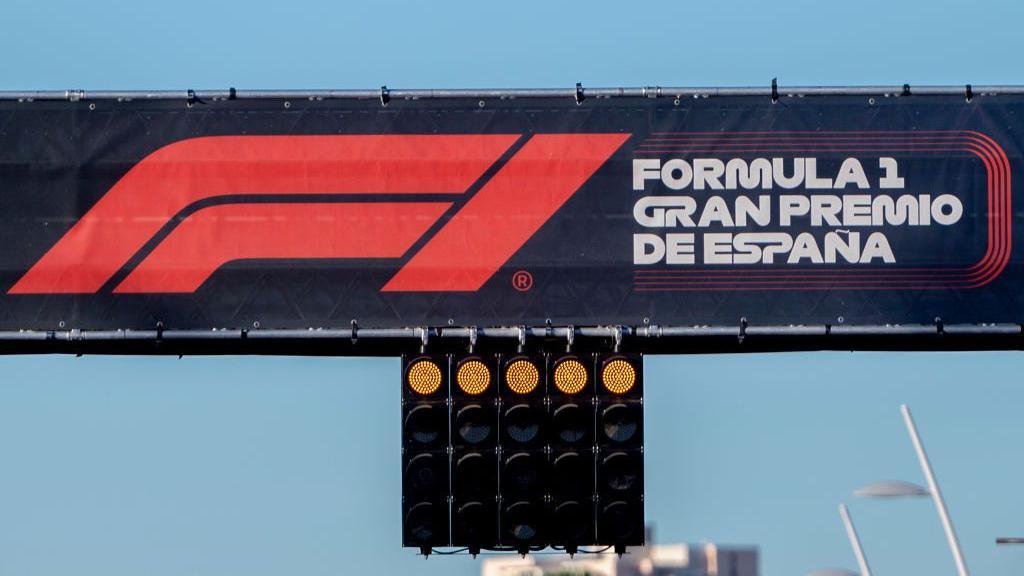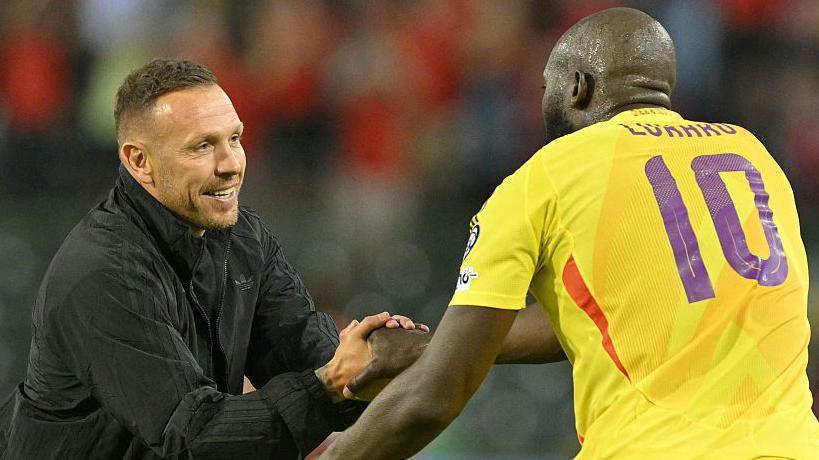England’s friendly against Senegal on Tuesday is taking place at the City Ground in Nottingham as Wembley enters concert season.
The Three Lions traditionally play their home matches at the national stadium, but their final match of this season will be staged at Nottingham Forest’s home ground.
Wembley will host seven concerts in the next month, then another 19 – plus Oleksandr Usyk v Daniel Dubois – before England’s next match there, which is against Wales on 9 October.
The World Cup qualifier against Andorra in September will be held at Villa Park.
The last time the City Ground hosted England’s first team was in March 1909, when they were 2-0 winners over Wales in a Home Championship match.
Speaking after the announcement of the friendly, England boss Thomas Tuchel said: “Facing a strong African team in a passionate city with rich football heritage can only help us on the road to the World Cup.
Get in touch
England’s recent history away from Wembley
Last June, England played Bosnia and Herzegovina at Newcastle’s St James’ Park.
Since 2018, they have also played home matches at Old Trafford, Molineux, the Riverside Stadium, St Mary’s, the King Power Stadium and Elland Road.
Stadiums selected must comply with Uefa’s regulations, have suitable training complexes nearby, and availability.
What is Ask Me Anything?
Ask Me Anything is a service dedicated to answering your questions.
We want to reward your time by telling you things you do not know and reminding you of things you do.
The team will find out everything you need to know and be able to call upon a network of contacts including our experts and pundits.
We will be answering your questions from the heart of the BBC Sport newsroom, and going behind the scenes at some of the world’s biggest sporting events.
More questions answered…
Related topics
- Football
- England Men’s Football Team




